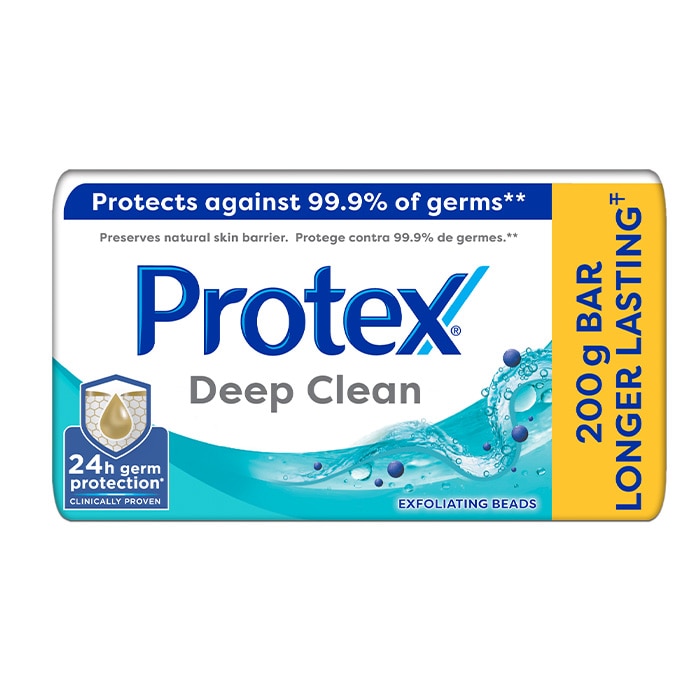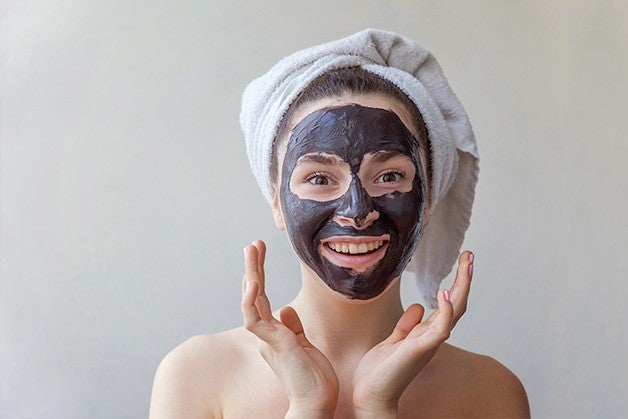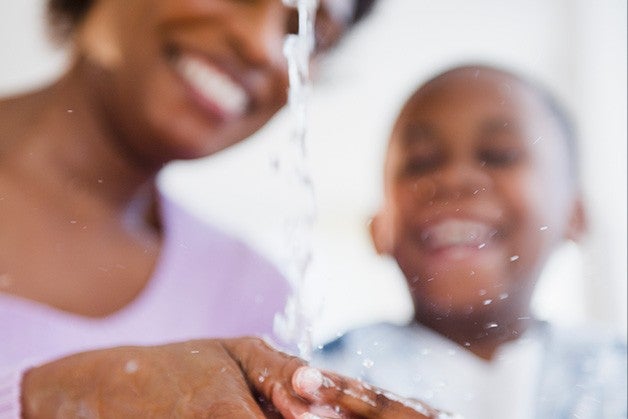Experiencing breakouts is common in this phase of life in which the woman's body goes through various changes. Gestational acne can occur even in those who never suffered from the problem. Gestational acne is different from those who already had pimples during menstrual periods and are more predisposed during pregnancy.
Pimples appear – or worsen, for those who already have the condition – due to the increase in hormone levels (including progesterone, estrogen and prolactin) that occurs during pregnancy. This hormonal alteration, necessary to support the development of the baby in the womb, causes the sebaceous glands to increase in size and produce more sebum than normal. The oilier the skin, the greater the chances of developing acne.
In addition to pimples, the skin can also present dark spots (or melasma), linea nigra (a darkened vertical line that appears in the middle of the belly), darkening of the skin of the nipples, dryness and itchiness, among others skin disturbances.
The good news is that pregnancy acne, as well as other hormonal disturbances, tend to go away or get much better after delivery. Maintaining a daily skincare routine can help control facial skin oiliness and reduce or even prevent pimples. See the necessary care to leave the skin healthy during pregnancy.
Always keep the skin clean
Wash your face twice a day in the morning and at night. Make sure to use products that are specific to your skin type.
Invest in moisturiser
All skin needs moisturization, even the oiliest. In that case, use oil free products, more suitable for this type of skin.
Don't forget the sunscreen
After washing and moisturising, also in the morning, apply sunscreen to protect the skin and prevent spots, which are very common during pregnancy.
Beware of the rebound effect
Do not wash your face more than twice a day, since by removing too much of the skin's natural oiliness, the sebaceous glands will produce more sebum and, with this, the risk of developing acne increases.
Avoid bringing your hands to your face
Our hands are full of germs, and every time we bring them to our face we transfer part of those germs to the skin. In pores clogged by oil and dead cells, these germs can cause inflammation and give rise to pimples.
Don't squeeze pimples
Touching the face can also make acne worse, since the small wound that forms is a gateway for germs that, in contact with the sebum in the pores, can contribute to the appearance of pimples and blackheads.
Drink a lot of water
That's good for cleansing the body of toxins and keeping you hydrated from the inside out. The skin appreciates it, a lot!
If even with all these precautions, the acne does not improve or is very uncomfortable, seek the help of a dermatologist.













